It’s good to know about nasty trends, especially when it comes to the difficult world of airline travel. Sometimes you can find a way to work around them – or at least avoid a nasty shock. Here are eight to look out for (and a few tips for coping).
1. Bundled fees

(AP)
Several airlines are already doing this, and more will follow. The concept is simple: Take two or three pricy extras that nobody particularly wants to pay for (slightly roomier or better situated seats, a free bag, maybe early boarding or same-day standby privileges), bundle them and cut the price by 50 percent. A few carriers still keep it simple (and cheap), like Southwest with its stand-alone early boarding ($12.50), but the trend is toward bundles. If you don't want or need them, don't be swayed by so-called deals.
2. The hard sell
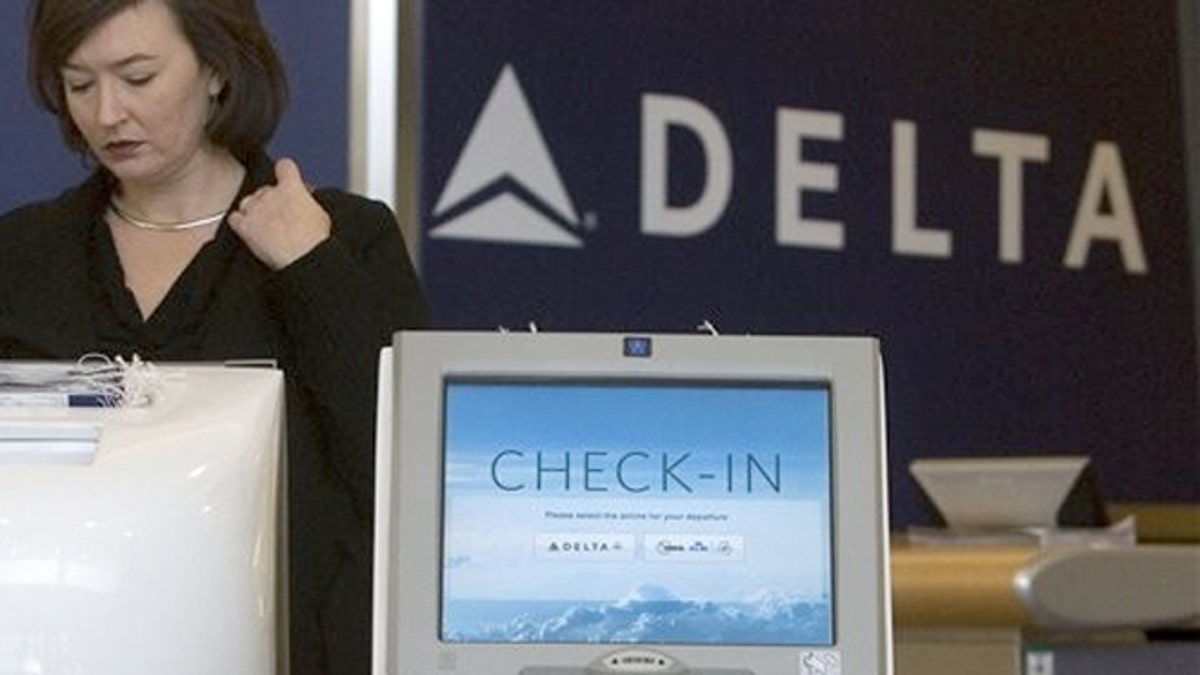
(AP)
Those bundled fees I just mentioned? Look for airlines to start pushing them at every opportunity. The hard sell will first occur online, of course, but also via email, at airport kiosks, with gate agents, and in text messages and apps. It'll start the moment you swipe your card and continue until take-off … and sometimes even beyond, as happens on ultra-discount airlines such as Spirit. All you have to do is say no. Repeatedly.
3. Sardine planes
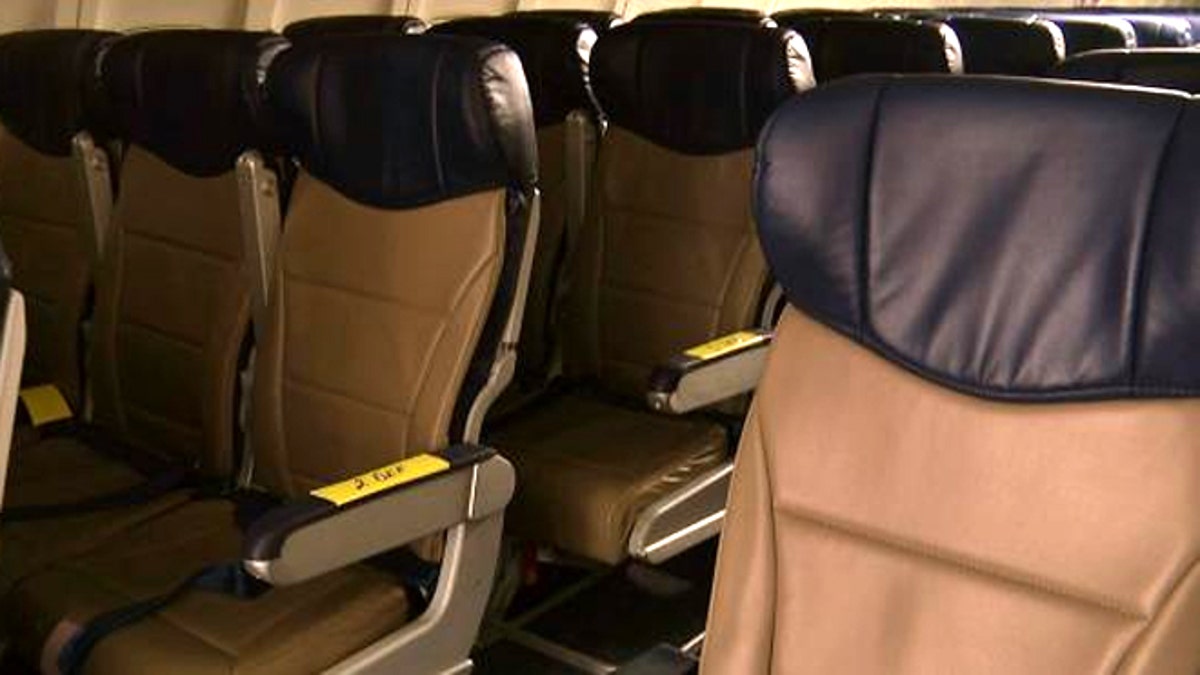
(AP)
The new airline business model is fill every seat, and they're doing an admirable job of it. Back in January 2003, U.S. airlines had an average load factor of a little more than 64 percent. Ten years later, load factors were more than 83 percent, and they're not done yet. Every empty middle seat is lost revenue for the airlines, so get used to fending off your seatmates' elbows. Tip: Polite negotiation is key to territorial disputes.
4. New planes
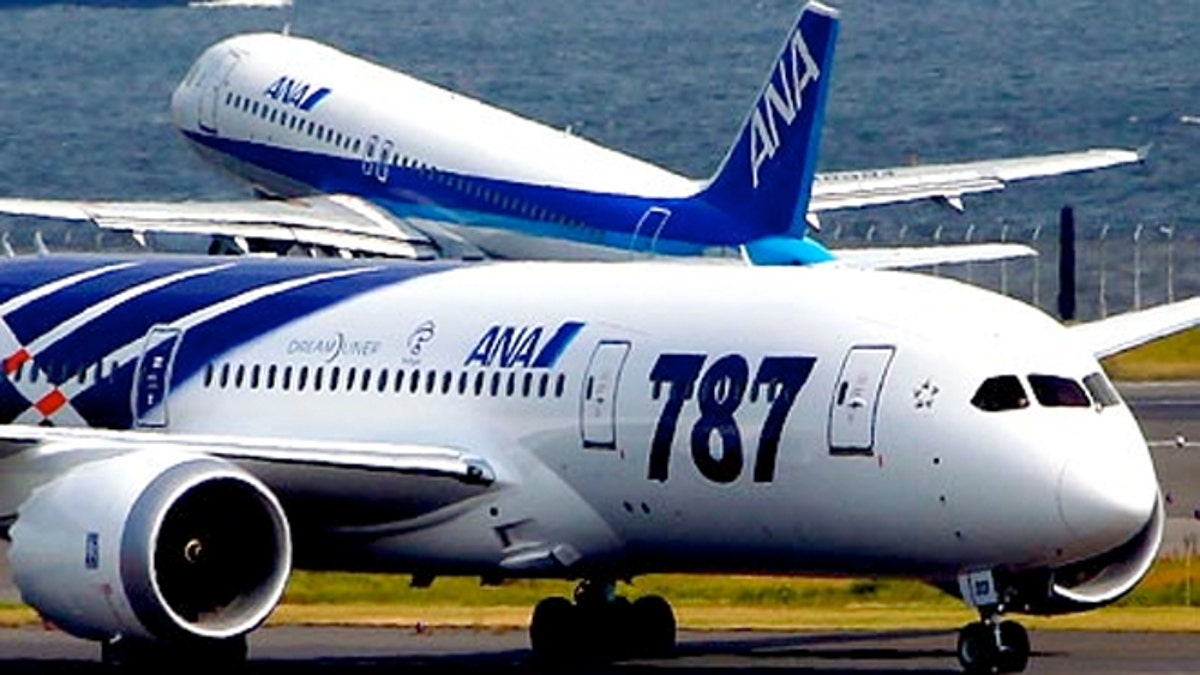
(AP)
Sounds good, right? And it is good: Those Boeing 777s and 787 Dreamliners are popular aircraft with lots of bells and whistles (although the 787s have had their share of problems). Frankly, it was high time airlines - especially the legacy carriers - opened up their wallets to buy some new planes. The downside is … Guess who helps pay for them. Passengers, of course.
5. Higher fares for road warriors
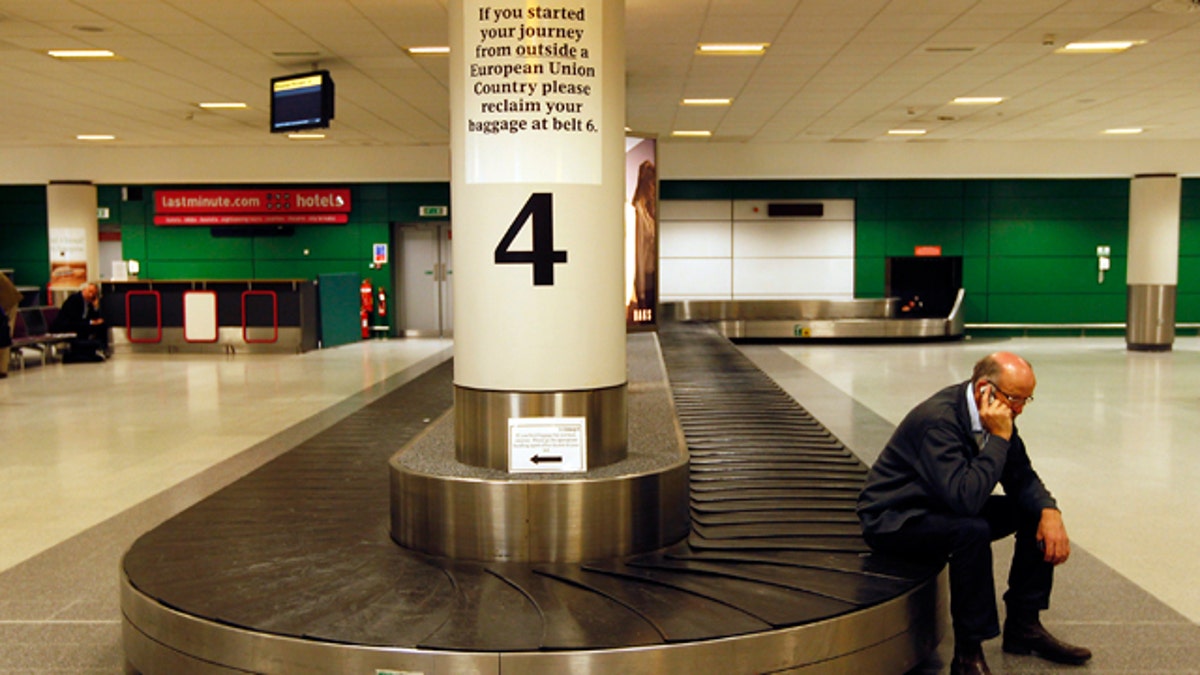
(AP)
The new planes I mentioned should be especially appealing to corporate types, as many have amenities such as lie-flat seats on cross-country flights in first and even business class. Again, someone has to pay for this, and in recent months airlines have narrowed airfare price hikes to focus on higher-paying business travelers. Delta was successful with one such hike last year, and it tried again just a few days ago (though that hike didn't stick). Warning to road warriors: They'll try again.
6. Today's special: No frills
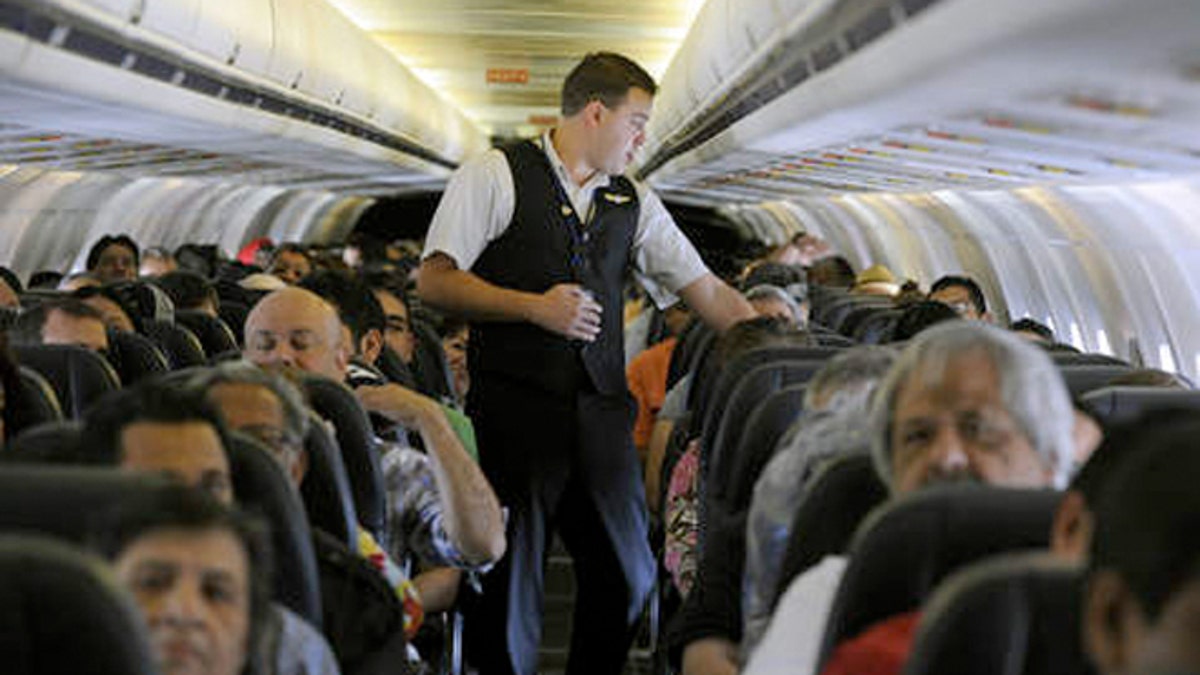
(AP)
Southwest used to boast about its Spartan experience, and no one minded because fares were cheap. Others were watching, and today all the airlines are no-frills airlines - though many have forgotten the low-fare part! Amenities have disappeared and they're not coming back (unless you pay for them). The last free meal in domestic coach was served back in the fall of 2010 on Continental (which later merged into United). Quick: When's the last time a legacy carrier -- such as Delta, United or American--offered you a free pack of peanuts? Tip: Always pack a lunch.
7. Fewer flights for smaller cities
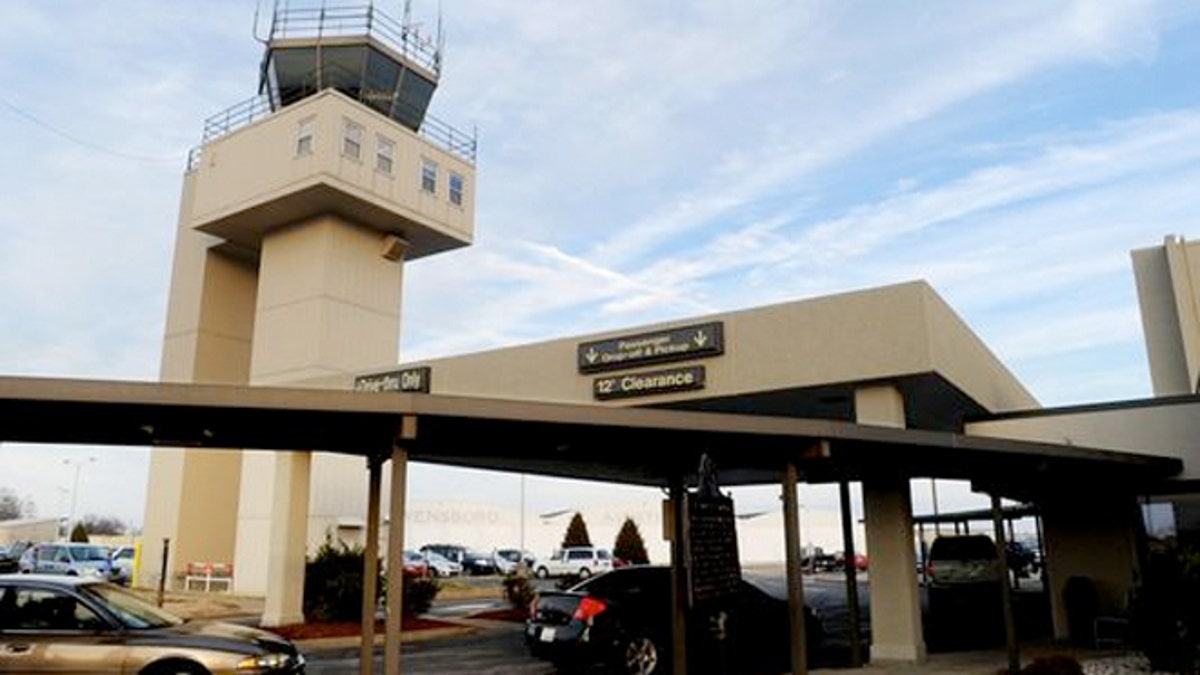
(AP)
The year is young but American has already announced cuts of non-stop flights to and from larger and smaller cities and Washington Reagan National Airport. Hubs like Philadelphia, Charlotte and Phoenix are safe for a few more years as part of the settlement between American/US Airways and the Justice Department (which allowed their merger to proceed). But when that agreement expires, it'll probably get even harder for flyers in small towns to get from Point A to Point B, without making a detour to Point C. Tip: If you live in a smaller city, it may be worth it airfare-wise to skip the hometown airport and drive to the nearest hub.
8. Airlines bypassing online travel agencies
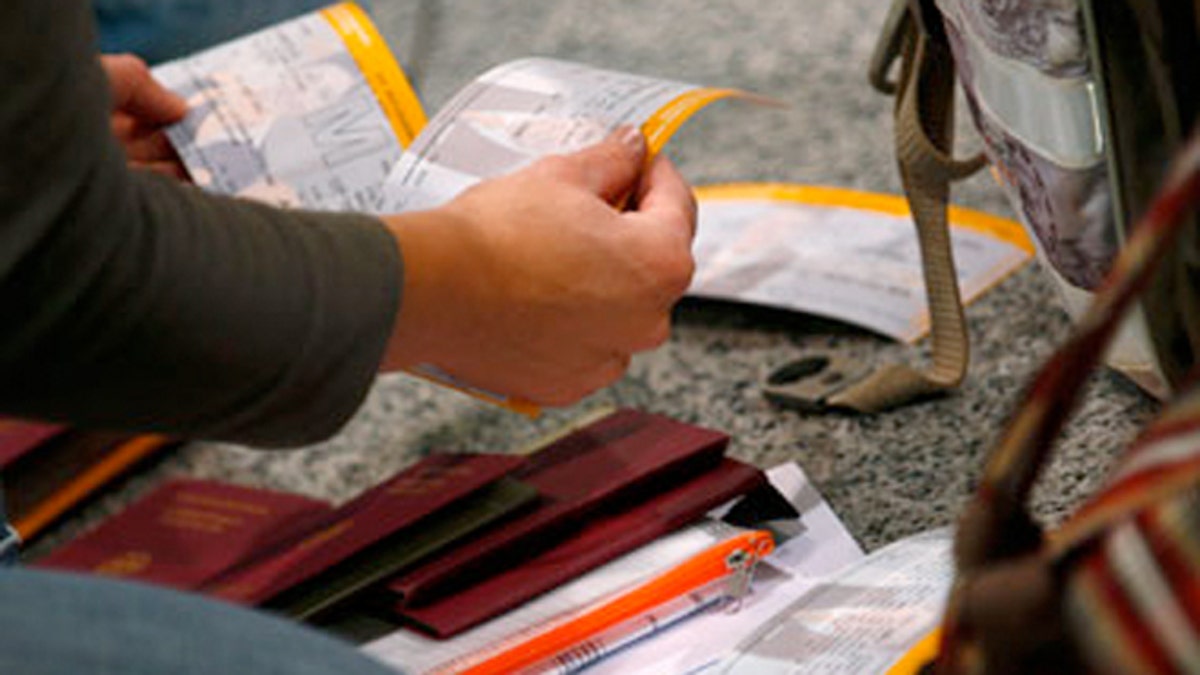
(Reuters)
The airlines want you to book directly with them because, for one thing, it's easier to upsell extras that way. Frontier now penalizes passengers who don't book directly on the carrier's website by charging them a carry-on baggage fee. But those who fail to compare prices by visiting only a favorite airline site risk overpaying for tickets - which can cost a whole lot more than a $25 bag fee.
